Rajshahi, July 3 (V7N) - With underground water levels in the Barind region of Bangladesh declining at an alarming rate, Rajshahi WASA has embarked on a Tk 4,062.22 crore surface water treatment plant project aimed at supplying safe drinking water and reducing dependency on groundwater. The project, currently 28% complete, is being implemented in Sarangpur of Godagari upazila under Rajshahi district.
The “Surface Water Treatment Plant Project” is being executed with assistance from China’s Hunan Construction Engineering Group Company Limited, under the supervision of the Rajshahi Water Supply and Sewerage Authority (WASA). Once completed, the plant will treat water drawn from the Padma River and distribute it across Rajshahi city and surrounding areas, ensuring sustainable water access for millions.
The selection of Sarangpur was based on a comprehensive feasibility study that included a 30-year water depth analysis by the Institute of Water Modelling (IWM). The location lies at the confluence of the Padma and the Mahananda rivers, where water remains around 30 feet deep throughout the year—making it ideal for sourcing surface water.
After treatment, the water will be transported through a pipeline to a booster plant in Haripur, Paba upazila, from where it will be distributed via Rajshahi WASA’s network. Beneficiaries of the project include the residents of Rajshahi city, Katakhali, Naohata, and 30 wards of Godagari, providing a significant reduction in the use of deep tube wells and easing pressure on underground aquifers.
A field visit confirmed that the construction of the main treatment plant and booster pump stations is actively underway. Simultaneously, installation of the main transmission pipeline along the Godagari-Kasiadanga highway is progressing steadily.
Approved in June 2018, physical work on the project began in July 2023, with completion targeted for June 2026. Upon full implementation, Rajshahi WASA aims to meet 100% of the region’s water demand by 2035.
“We will be able to supply 200 million liters of clear, iron- and bacteria-free drinking water daily once this plant becomes operational,” said Parvez Mahmud, Project Director and Chief Engineer of Rajshahi WASA. “Currently, our daily water demand is around 130 million liters. This project will allow us to meet not only current but future demand as well.”
Engineer S.M. Obaidul Islam, Acting Director of Planning and Development at Rajshahi University, emphasized the importance of reducing reliance on underground water. “In the face of climate challenges such as droughts and heatwaves, our groundwater layers are steadily depleting. If Padma river water can be treated to safe, usable levels, it will significantly relieve the burden on our aquifers. For the sake of public welfare, the project must be expedited.”
This landmark initiative represents a crucial step toward climate resilience and long-term water sustainability in northwestern Bangladesh.
END/MRA/SMA/



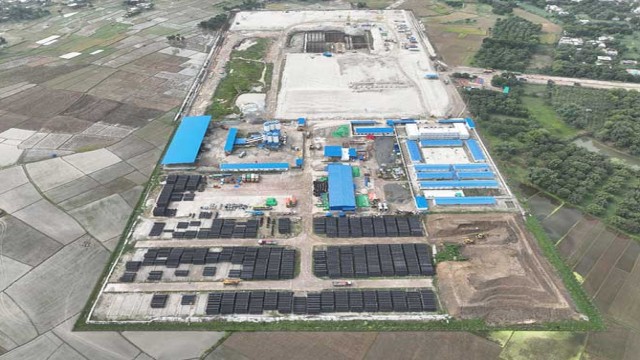





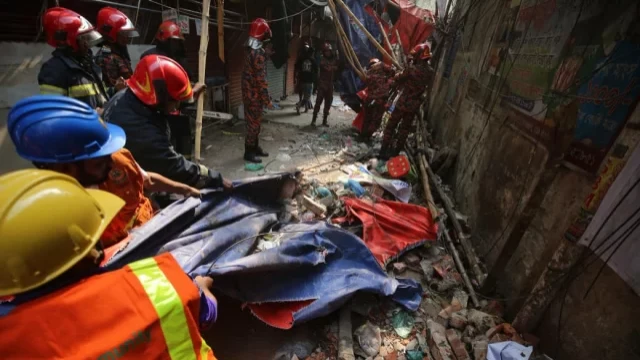
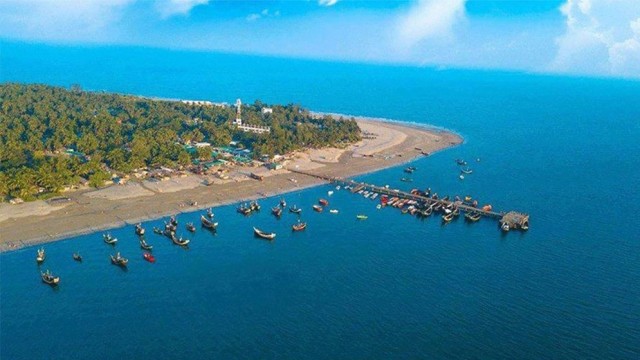
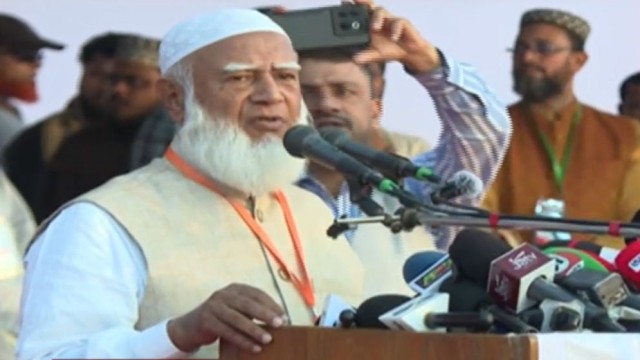
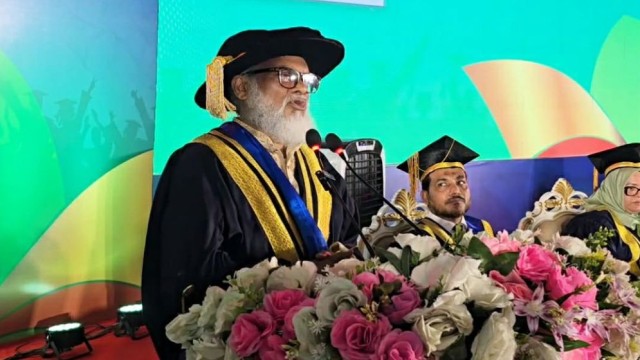
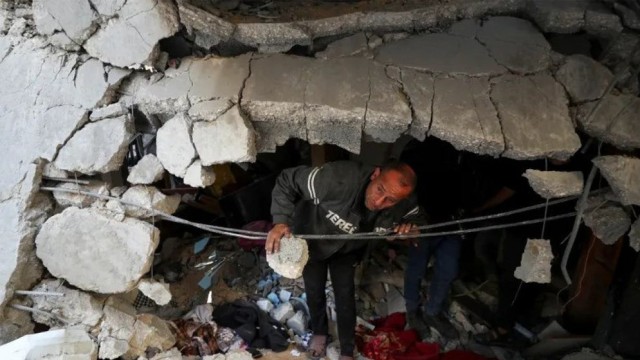
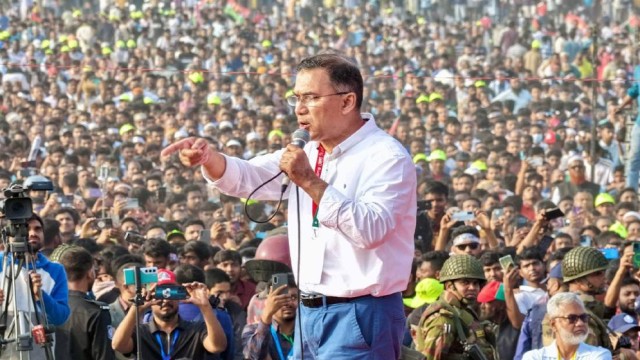
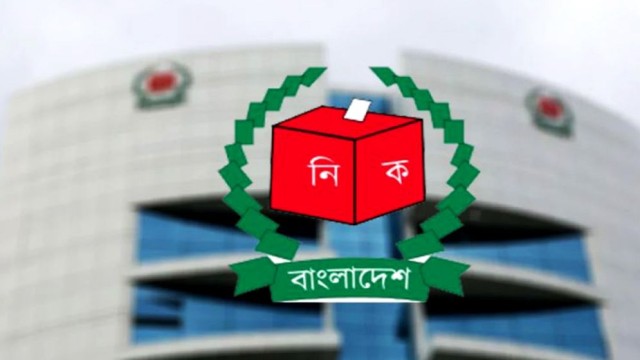
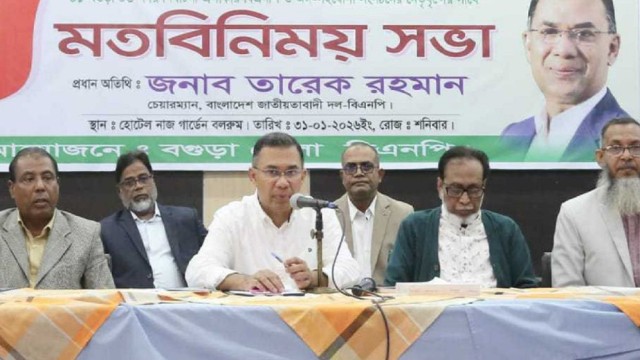
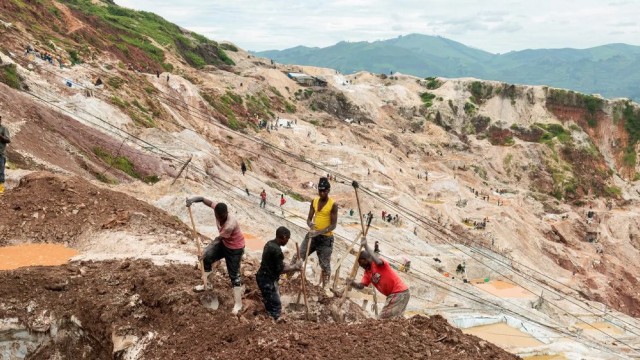
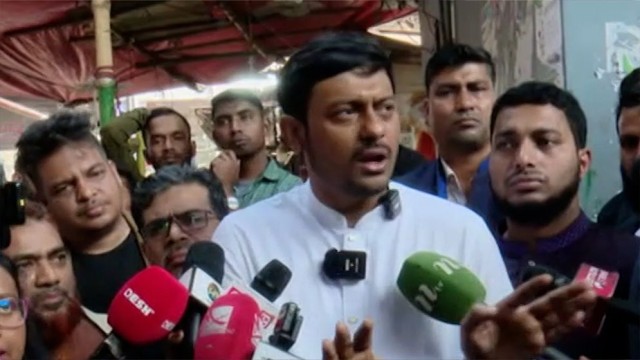
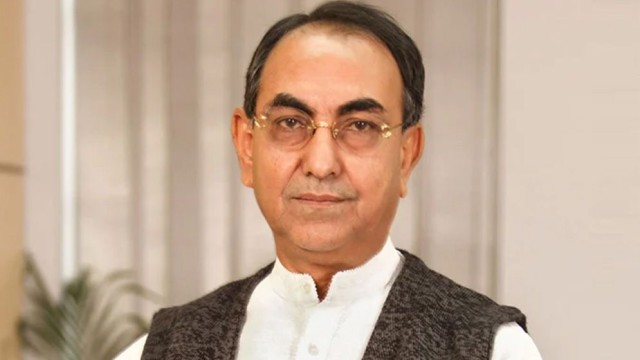


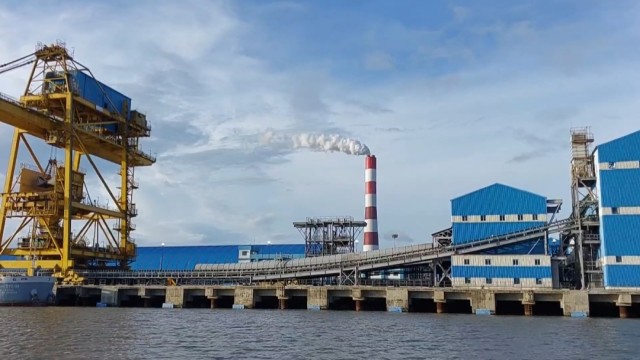
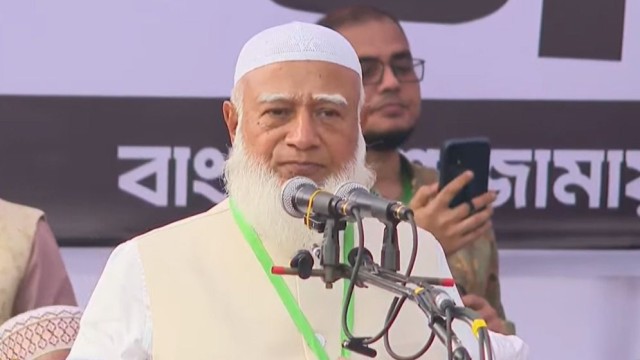

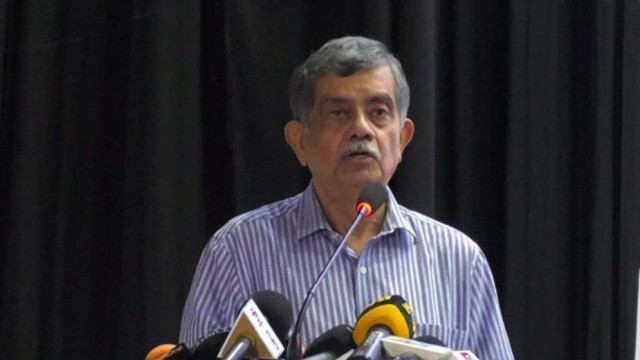
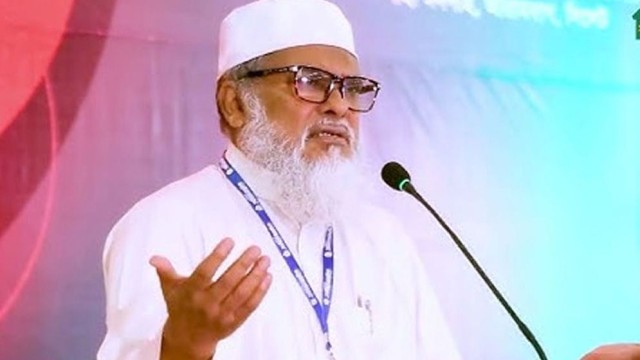
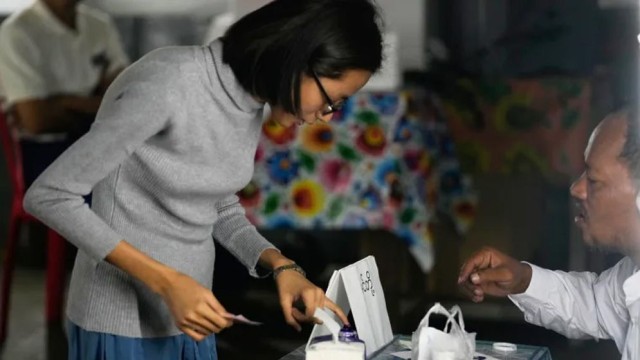

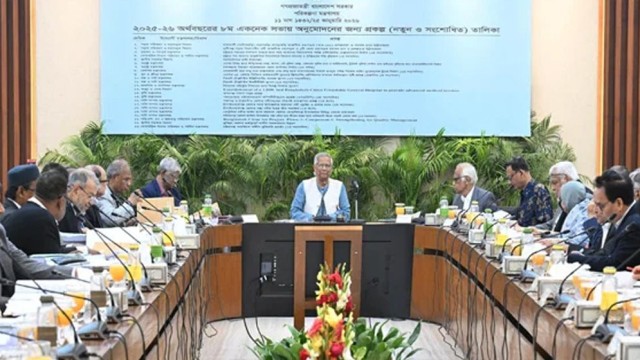
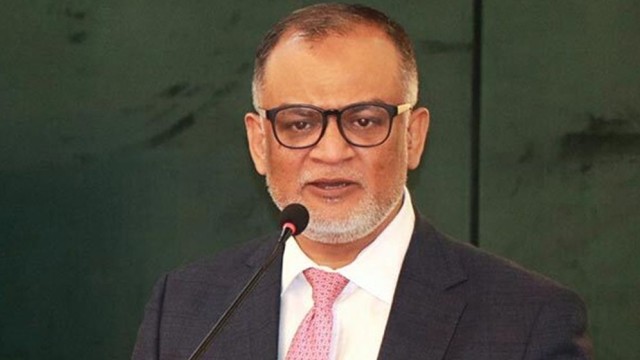
Comment: